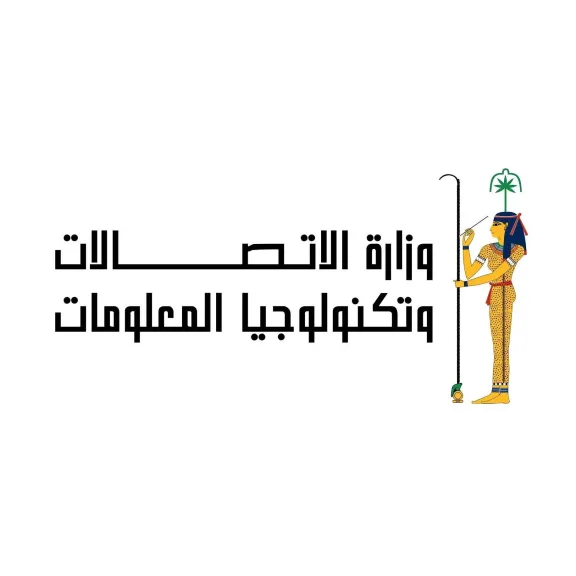MCIT Shares Successful Administrative Simplification Pilot at S4S Dialogue

The Ministry of Communications and Information Technology (MCIT) participated in the Africa-MENA Simplifying for Success Dialogue, held on the sidelines of the High-Level Symposium hosted by the Organisation for Economic Co-operation and Development (OECD) on November 17-18 in Paris, France.
The event was held as part of OECD’s Simplifying for Success (S4S) initiative, and its “Support to Enhanced Administrative and Public Economic Governance in Egypt” European Union-funded project, in line with the Egypt-EU partnership priorities. It brought together experts and officials from Africa and the MENA region to exchange expertise on administrative simplification, burden reduction, and national priorities in advancing better regulation.
The Dialogue featured an interactive discussion on regulatory policy in the region, joined by participants from Egypt, Jordan, and Nigeria. This discussion enabled peer learning through concrete country experiences and practices in regulatory policy, and helped identify common challenges and practical solutions. During the discussion, MCIT presented the successful pilot on administrative simplification and streamlining procedures, implemented in collaboration with the National Food Safety Authority (NFSA).
The pilot program focused on two core services: registration and food business licensing, engaging 13 different categories of service users and food institutions, demonstrating the tangible added value of applying modern administrative simplification tools. The program included capacity-building workshops, on-site practical coaching sessions, and a full train the trainers (TOT) program, in which selected NFSA staff were trained on service mapping, user journey analysis, and the Standard Cost Model (SCM) to understand the current licensing process and design improved future workflows using these tools.
The pilot contributed to extensive institutional knowledge transfer, identification of real-world obstacles, and the operationalization of the simplified and institutionalized procedures. Following the successful pilot, a practical toolkit and tailored guidelines were developed to expand implementation across various ministries and sectors by training their digital transformation units (DTUs).
It is worth highlighting that OECD supports Egypt’s efforts to streamline administrative procedures across public operations, in line with Egypt’s Vision 2030, where digital transformation plays a central role. Egypt’s digital transformation strategy is built around a core objective: building a strong, secure, and sustainable digital society that ensures inclusivity and guarantees that no individual is left without access to online services.
